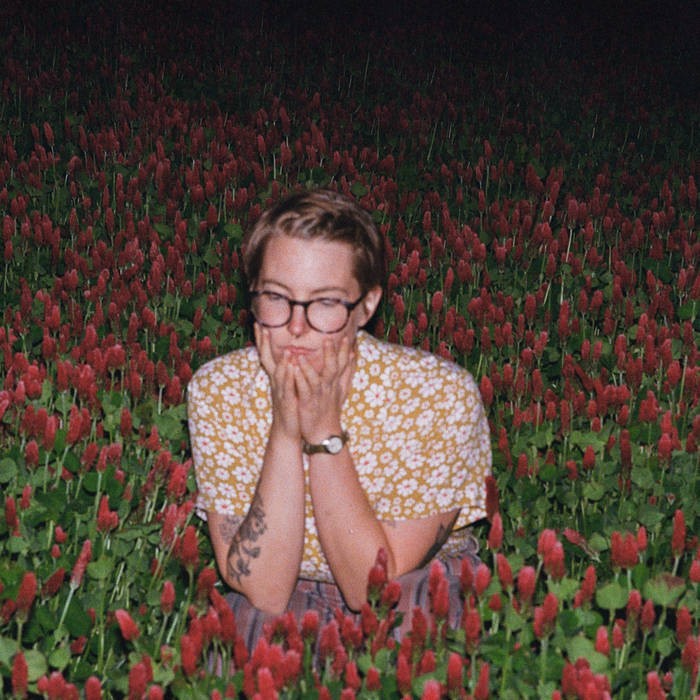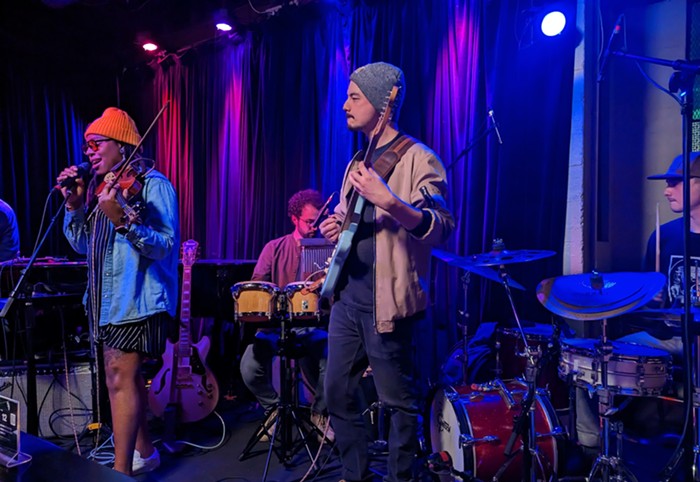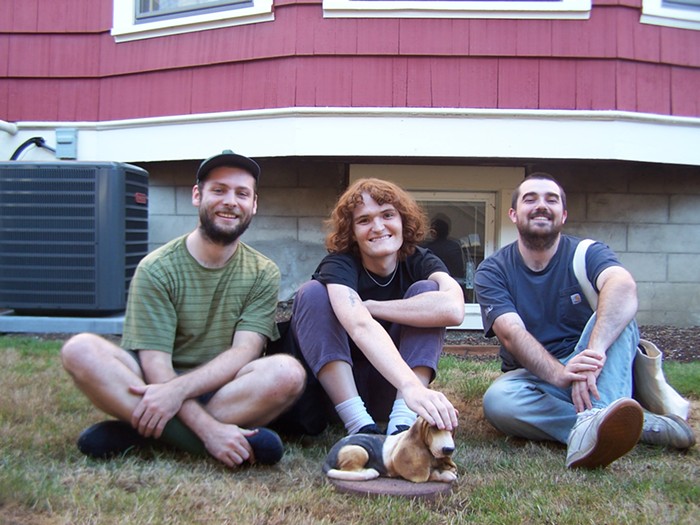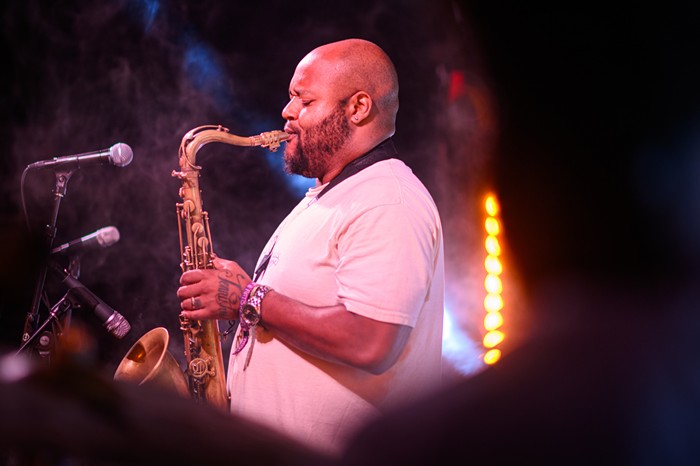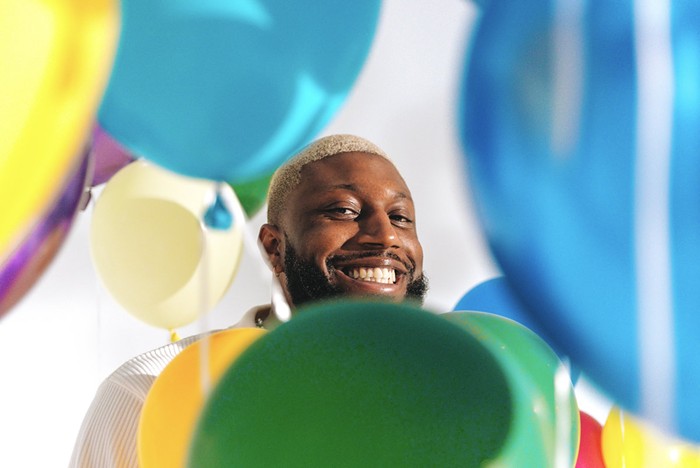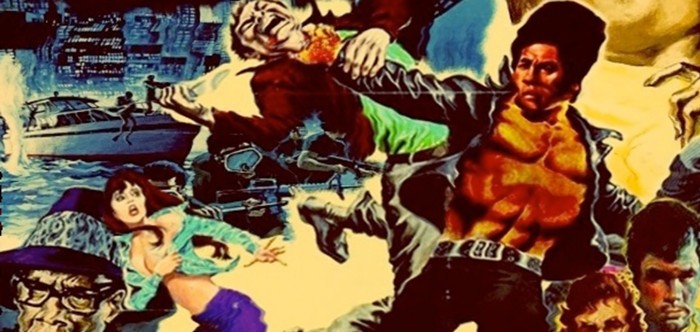I've heard a lot of people talk about communism. I took a class on it even, from an aging British professor who had an eye-twitch and smoked through a three-hour long evening class once a week. I devoured Terry Eagleton's Illusions of Postmodernism, which argues that socialism is the only remedy to our society in the late stages of capitalism. I've heard about one million hippies tout communism as the answer to bringing down the system, dude. But I've never heard anyone talk about it as candidly or with as much passion and excitement as Boots Riley, the best rapper in the world and the leader of The Coup. What follows are his words, as told to me in just 15 minutes, when he took a break from a 24-hour recording session for The Coup's new album, Party Music (due out September 4 on 75 Ark).
"I definitely think that people should have democratic control over the world's resources, and that would be called communism. What we have now is a few people who control over the resources, and the rest breaking off crumbs to fight over. Specifically, what needs to change is the economic side of it, the fact that all the wealth that's created in this world belongs to one-half percent of the people. When you buy a car, for example, you're not buying the car: That metal was probably 50 dollars. It's the labor that costs. And I think the workers should have a piece of that.
"The question, then, is how. Are the major corporations going to do it over a petition? No. That's why there are armies, that's why there are wars. Instead, we need to create a movement. We need to start with unions at places where the labor happens, like fast food restaurants, Kmart, Walmart. We could have a revolution if people just collectively decided not to go to work one day, and told everyone that labor belonged to them. But people don't understand.
"Music will help. Music has always served to narrate what's going on, served to get viewpoints out. People think they want escapism, but I think that music that people like the most is something that deals with their reality. For instance, in Nigeria, when people wanted to party they'd put on Fela [Kuti], and his music described the most minute politics, down to riding the bus. But capitalism wants artists to separate from the culture, to be isolated: Maybe an artist starts on the street. But then they make money, and they can only vaguely remember being out there on the corner and being shot on the street, and it becomes less relevant. Being a part of the world makes music relevant.
"There isn't a model country right now, but there are things that people have done in different countries that really work. Cuba's health care system, for example, the fact that in every neighborhood they have a clinic, and that if you haven't been to the doctor they come and give you a checkup. Or that anyone can go to school without money. I mean, the things they're doing there are without any resources, with an embargo that's basically starving them to death.
"While I think China has a lot better record than the US, I definitely don't think it's a model of socialism. But you also have to recognize the fact that millions of people there rose up against a dictatorship--millions of people that had no guns, no weapons, and fought a military; they had to compromise on a lot of things. Since the '70s, China has been working with the capitalist countries, trying to build a market that capitalist countries will find easy to work into. It's because of this that music and art are oppressed in China. So people don't trust communism, they're not relying on it to be the basis of government. And a lot of that is backed by US interest.
"A lot is controlled by the United States, by capitalism. They starve people for profit, they kill people for profit; the US backed and ordered the massacre of people in East Timor. Have you seen Noam Chomsky's Manufacturing Consent? It shows how little the US would talk about East Timor, even though reporters wanted to get in.
"Daily, we need to organize around things that are in the community, We need to not be afraid of being involved with the things that have to do with economics: housing issues, police brutality. Art, music, helps the movement out, and the movement helps out the art. The more art is involved in the movement, the more relevant the movement becomes."
